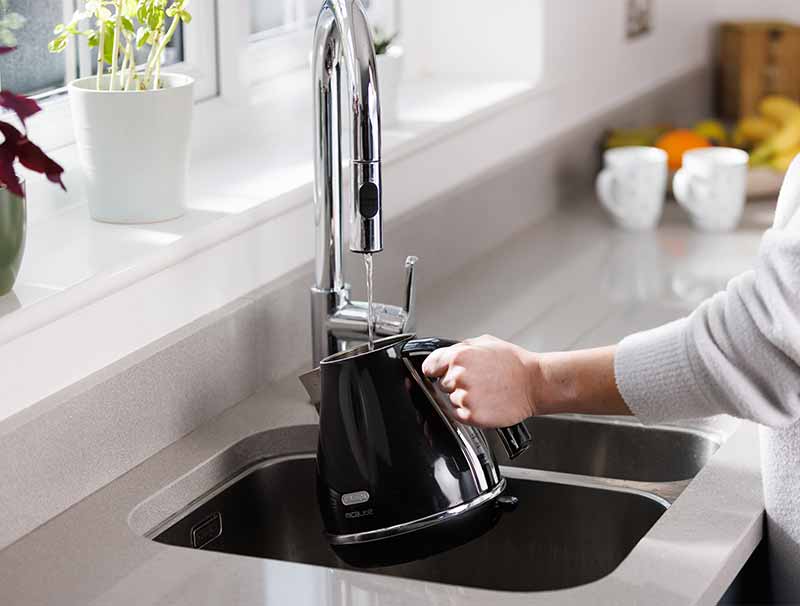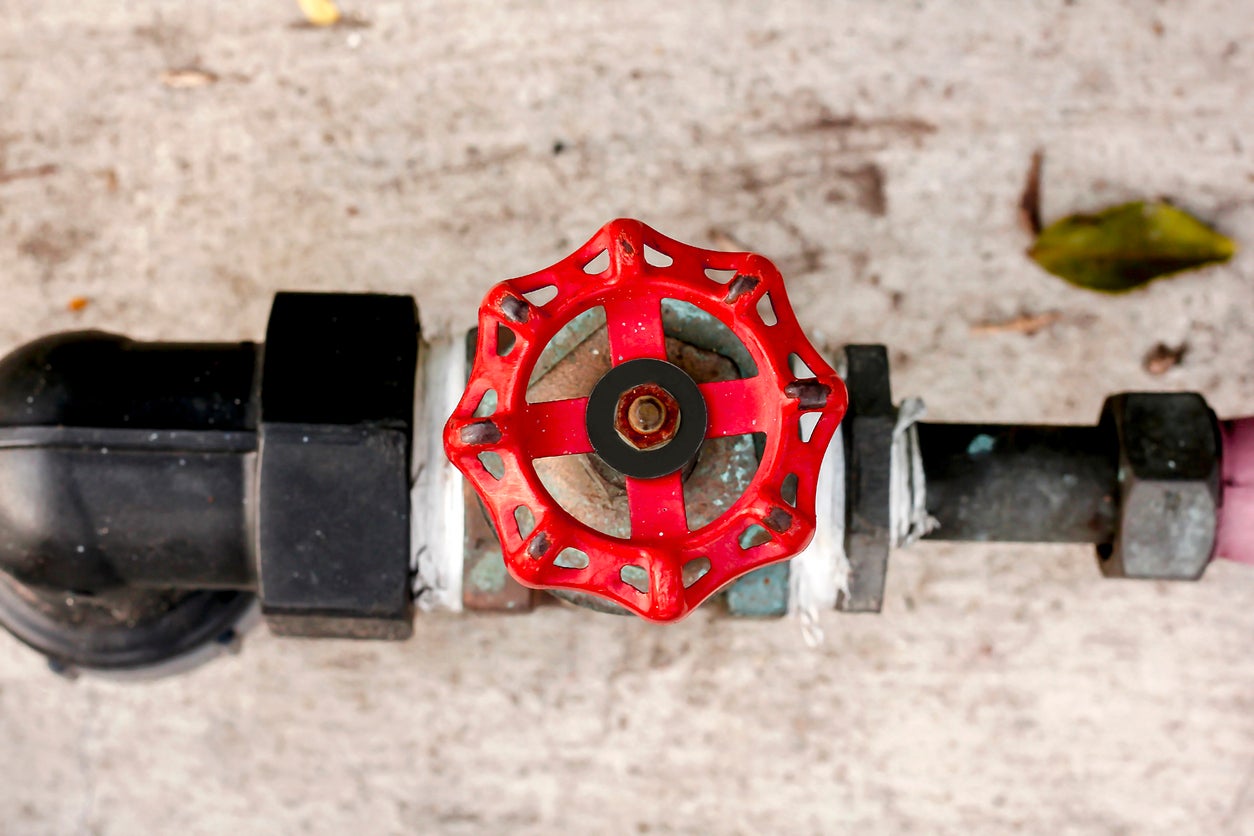My Thorough Advice to Fixing Low Water Pressure in Your Home
My Thorough Advice to Fixing Low Water Pressure in Your Home
Blog Article
Right here in the next paragraphs you will discover some exceptional data related to 9 Reasons for Low Water Pressure in Your House.

Low water stress in your house can be a discouraging issue, affecting every little thing from showering to washing recipes. If you're experiencing weak water flow, there are a number of feasible reasons and services to explore. In this overview, we'll review usual reasons for low water stress and functional actions to deal with the problem effectively.
Introduction to Low Tide Stress
Low water pressure happens when the flow of water from your taps, showers, and various other components is weak than typical. This can make everyday tasks a lot more difficult and much less efficient. Recognizing the root causes of low water stress is vital to discovering the appropriate option.
Common Root Causes Of Low Water Pressure
Faulty Stress Regulators
Stress regulators are in charge of preserving regular water pressure in your house. If they malfunction, it can lead to low tide stress or unequal flow throughout the house.
Community Water Supply Issues
Often, the trouble lies outside your home. Community water issues, such as main line leaks or maintenance work, can momentarily lower water stress in your location.
Pipe Obstructions
Over time, pipelines can end up being clogged with natural resource, debris, or debris, limiting the flow of water. This is an usual issue in older homes with galvanized steel pipelines.
Corrosion
Corrosion within pipelines can lead to leaks and lowered water stress. Rust build-up can tighten water flow, especially in aging plumbing systems.
Just How to Diagnose Low Tide Stress
Examining Pipes
Examine noticeable pipes for indications of leakages, deterioration, or clogs. Take note of any type of uncommon audios, such as banging or rattling pipelines, which might show concerns within the plumbing system.
Consulting with a Plumber
If you're unable to identify the source of low tide pressure, consider hiring a specialist plumber to perform a comprehensive assessment. They can recognize underlying problems and recommend appropriate services.
Checking Taps and Fixtures
Start by examining the water pressure at various taps and components throughout your home. If the concern is isolated to certain areas, it might indicate local issues.
Do It Yourself Solutions to Take Care Of Low Water Pressure
Flushing Water Heater
Debris accumulation in the hot water heater can restrict circulation and reduce efficiency. Flushing the tank occasionally aids eliminate sediment and maintain optimum performance.
Checking Pressure Regulator
Make certain that the stress regulator is operating properly. Readjusting or replacing the regulatory authority can help recover proper water stress throughout your home.
Cleaning Aerators and Showerheads
Natural resources can collect in aerators and showerheads, reducing water flow. Get rid of and cleanse these components consistently to enhance water stress.
Clearing Clogs in Piping
For minor obstructions, try utilizing a plumbing snake or chemical drainpipe cleaner to clear obstructions in pipelines. Beware when making use of chemicals and comply with safety standards.
When to Call an Expert Plumber
If DIY efforts stop working to solve the problem or if you suspect considerable plumbing issues, it's ideal to look for assistance from a qualified plumber. They have the competence and tools to deal with complicated problems safely and successfully.
Safety Nets to Preserve Water Pressure
Mounting a Stress Booster
Think about installing a stress booster pump to improve water stress in areas with regularly reduced circulation. This can be especially valuable for multi-story homes or residential or commercial properties with high-demand components.
Monitoring Water Usage
Bear in mind water use behaviors and stay clear of ill-using the plumbing system. Basic modifications, such as incredible showers and laundry tons, can help maintain adequate water pressure.
Normal Maintenance
Set up regular upkeep for your plumbing system to prevent concerns such as rust, leaks, and obstructions. Attending to minor troubles early can aid avoid even more substantial repairs in the future.
Final thought
Dealing with low water pressure can be irritating, however determining the underlying causes and applying proper services can restore optimum flow throughout your home. Whether it's cleaning aerators, evaluating pipelines, or speaking with a plumber, taking proactive actions can guarantee a stable supply of water for your daily demands.
FOUR WAYS TO FIX LOW WATER PRESSURE NOW
Turning on a shower or faucet only to find the water comes out in a sad, slow drizzle is never a good feeling. How exactly are you supposed to wash a pan or take a quick shower when it takes 10 minutes just to rinse off a little soap? The good news is that when your water pressure is bad, there's always a cause: typically one that can be easily fixed. Here are some of the most common causes of low pressure and what you can do to fix the issue:
DEBRIS AND MINERAL DEPOSIT BUILDUPS
If you notice low water pressure from just one or two of the fixtures in your house, the problem likely has to do with debris buildup. Water is full of minerals and other debris, all of which can accumulate in your pipes and on your fixtures. This can cause a blockage that affects how much water flows through. To fix this, try filling a small plastic bag with white vinegar, and use a rubber band to hang it around your showerhead or faucet. Let the head of the fixture soak for a few hours, and the vinegar should loosen the deposits.
WATER LEAKS
Leaks are another common cause of low water pressure. If water is flowing out of your plumbing through a hole or crack before it can reach your fixture, the pressure coming out of the faucet or showerhead will be lower. A plumbing professional is your best bet for finding and repairing a leak in your water supply pipes.
Leaks are another common cause of low water pressure. If water is flowing out of your plumbing through a hole or crack before it can reach your fixture, the pressure coming out of the faucet or showerhead will be lower. A plumbing professional is your best bet for finding and repairing a leak in your water supply pipes.
A VALVE ISSUE
If you have low water pressure throughout your home, check your main shut-off valve to make sure it's completely open. You may also want to see if there's a pressure-reducing valve installed. If there is, have a plumber help you adjust the settings to get the pressure you're looking for.
OTHERS USING WATER
Believe it or not, your low water pressure could be caused by your neighbors. If you notice low pressure at certain times of day, it may be because you and the people living next to you have similar schedules - when everyone is showering at the same time, the pressure will be lower in every home. Low pressure throughout the neighborhood may also be caused by an issue with your municipal water supply. If that's the case, call the supplier to see if they're working on the issue.
https://www.rotorooter.com/blog/water-leaking/low-water-pressure-fixes/

I am just very involved in Low Water Pressure in the House? and I hope you enjoyed the new page. Are you aware of somebody who is in the market for the subject? Please feel free to promote it. Thanks so much for your time invested reading it.
Call Report this page